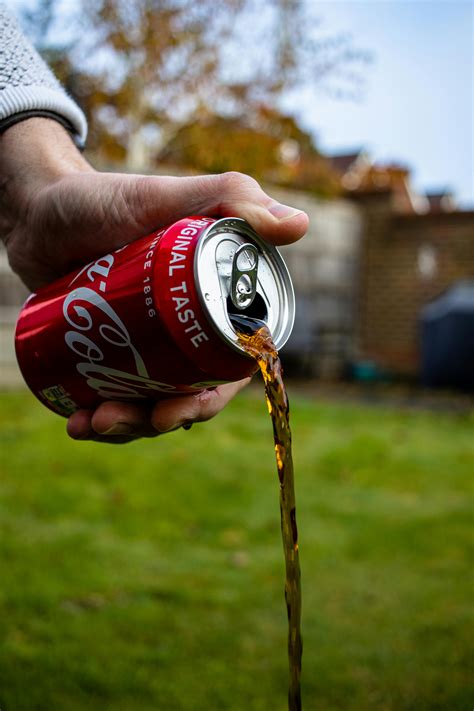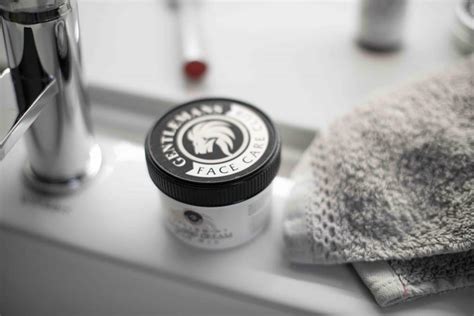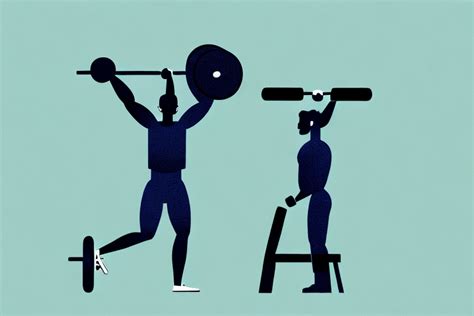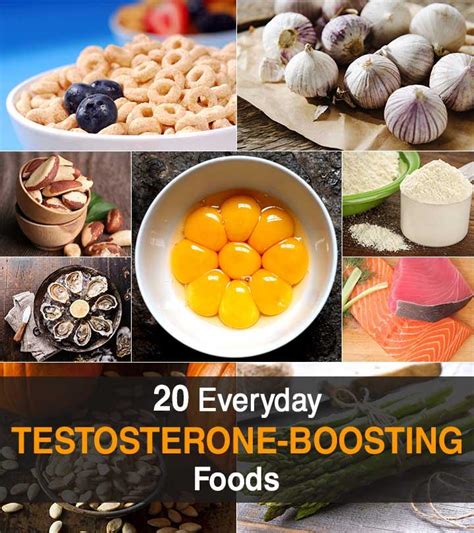What diet & exercise strategies optimize male hormone levels for peak performance?

Understanding Male Hormones and Peak Performance
Optimizing male hormone levels is crucial for achieving peak physical and mental performance, as well as overall well-being. Hormones like testosterone, human growth hormone (HGH), and cortisol play pivotal roles in energy levels, muscle growth, fat metabolism, mood, and cognitive function. When these hormones are in balance, men experience greater vitality, improved strength, enhanced mental clarity, and better resilience to stress. Conversely, imbalances can lead to fatigue, reduced muscle mass, increased body fat, decreased libido, and mood disturbances. The good news is that diet and exercise are powerful, natural levers to positively influence these vital hormonal pathways.

Dietary Strategies for Hormonal Balance
Prioritize Healthy Fats
Dietary fats are the building blocks for steroid hormones, including testosterone. Incorporate a variety of healthy fats into your diet such as monounsaturated and polyunsaturated fats found in avocados, nuts, seeds, olive oil, and fatty fish (salmon, mackerel). Saturated fats, in moderation from sources like grass-fed meat or coconut oil, also play a role in hormone production. Avoid trans fats entirely, as they can negatively impact hormone function and overall health.
Adequate Protein Intake
Protein is essential for muscle repair and growth, which indirectly supports hormone production. Aim for 0.7 to 1 gram of protein per pound of body weight daily, sourced from lean meats, poultry, fish, eggs, dairy, and plant-based options like legumes and tofu. Sufficient protein intake helps maintain lean muscle mass, which is a key factor in healthy testosterone levels.
Strategic Carbohydrate Consumption
While low-carb diets can be beneficial for some, chronic carbohydrate restriction can stress the body and potentially lower testosterone. Focus on complex carbohydrates from whole grains, fruits, and vegetables. These provide sustained energy, fiber, and essential micronutrients without spiking blood sugar excessively. Timing carbohydrate intake around workouts can also optimize energy and recovery.
Micronutrients Are Key
- Zinc: Crucial for testosterone production. Found in red meat, shellfish, legumes, nuts, and seeds.
- Vitamin D: Acts as a steroid hormone in the body. Ensure adequate sunlight exposure or supplement if necessary, especially in winter months.
- Magnesium: Supports hundreds of bodily functions, including testosterone synthesis. Rich sources include dark leafy greens, nuts, seeds, and whole grains.
- B Vitamins: Essential for energy production and hormone metabolism.
Limit Sugar and Processed Foods
High sugar intake and processed foods lead to insulin resistance and inflammation, both of which can disrupt hormone balance, particularly by lowering testosterone and increasing estrogen. Focus on whole, unprocessed foods to support optimal endocrine function.

Exercise Strategies for Optimal Hormone Levels
Resistance Training
Lifting heavy weights is one of the most potent natural stimulants for testosterone and growth hormone release. Focus on compound movements like squats, deadlifts, bench presses, overhead presses, and rows. These exercises engage multiple muscle groups, leading to a greater anabolic response. Aim for 3-5 sessions per week, incorporating progressively heavier loads.
High-Intensity Interval Training (HIIT)
HIIT involves short bursts of intense exercise followed by brief recovery periods. This training style has been shown to significantly boost growth hormone levels and improve insulin sensitivity. Examples include sprint intervals, battle ropes, or kettlebell swings. Integrate 1-2 HIIT sessions per week, keeping workouts concise (15-25 minutes).
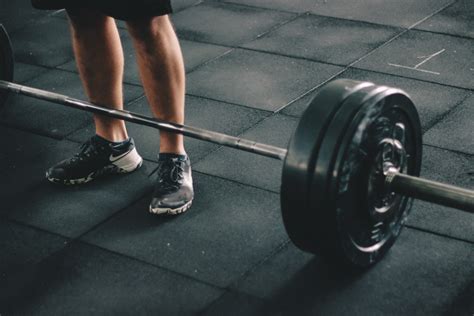
Avoid Chronic Excessive Cardio
While cardiovascular exercise is important for heart health, excessive amounts of long-duration, moderate-intensity cardio can elevate cortisol (a stress hormone) and potentially lower testosterone over time. Balance your cardio with resistance training and prioritize HIIT for cardiovascular benefits without the hormonal downsides.
Prioritize Recovery and Sleep
Exercise is a stressor, and the body needs adequate time to recover and adapt. This is when hormones like testosterone and HGH are primarily produced. Aim for 7-9 hours of quality sleep per night. Poor sleep significantly impairs hormone production and sensitivity. Incorporate active recovery, stretching, and mobility work to aid in muscle repair and reduce cortisol levels.

Lifestyle Factors Not to Overlook
Beyond diet and exercise, several lifestyle factors profoundly impact male hormone levels:
- Stress Management: Chronic stress elevates cortisol, which can suppress testosterone. Practice mindfulness, meditation, deep breathing, or engage in hobbies to manage stress effectively.
- Alcohol Consumption: Excessive alcohol intake can directly harm Leydig cells in the testes, impairing testosterone production. Moderate consumption is key.
- Environmental Toxins: Exposure to xenoestrogens (found in plastics, pesticides) can disrupt endocrine function. Opt for organic foods and use glass containers where possible.

Conclusion
Optimizing male hormone levels for peak performance is a multifaceted endeavor that integrates intelligent dietary choices with effective exercise strategies and conscious lifestyle management. By prioritizing nutrient-dense foods, engaging in resistance training and HIIT, ensuring adequate recovery, and mitigating stress, men can naturally enhance their hormonal profile, leading to increased strength, energy, mental clarity, and an overall elevated quality of life. Consistency and a holistic approach are the cornerstones of long-term hormonal health and sustained peak performance.

